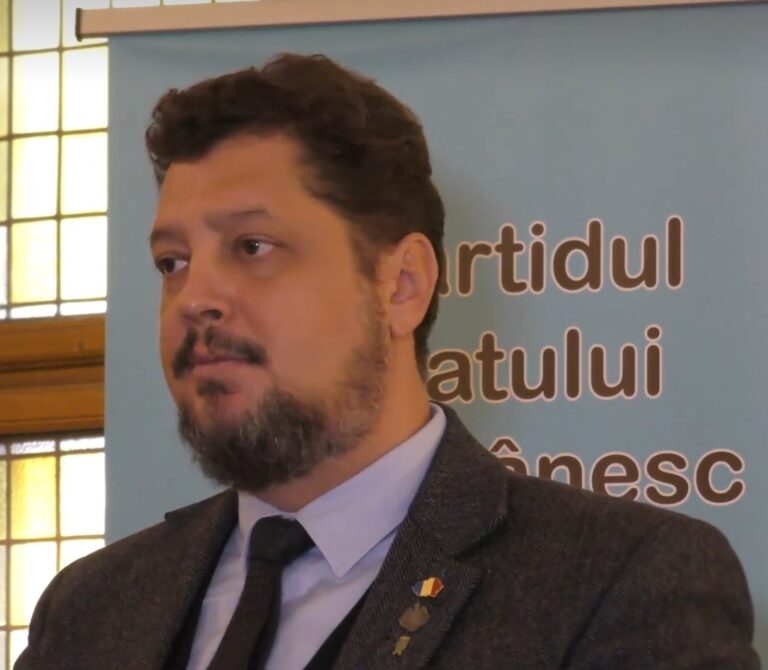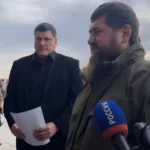Russian aggression against Ukraine pushed some in Europe to consider revising state borders and putting forward territorial claims as part of historical reflections. Such trends are a consequence of Russian intelligence operations aimed at dismantling the EU and NATO, as well as sowing chaos and reshaping zones of influence across the world.
Claudiu Târziu, one of the leaders of the far-right AUR party, expressed territorial claims to certain Ukrainian lands – Northern Bukovina, Transcarpathia, and Bessarabia – and all of Moldova.
He considers it important to restore the “natural borders” of the Romanian state, declaring the need to regain a number of territories that, in his opinion, belong to the Romanian nation.
Another AUR member, Diana Șoșoacă, believed to be affiliated with Russian military intelligence, in March 2023 also announced plans to annex former Romanian lands.
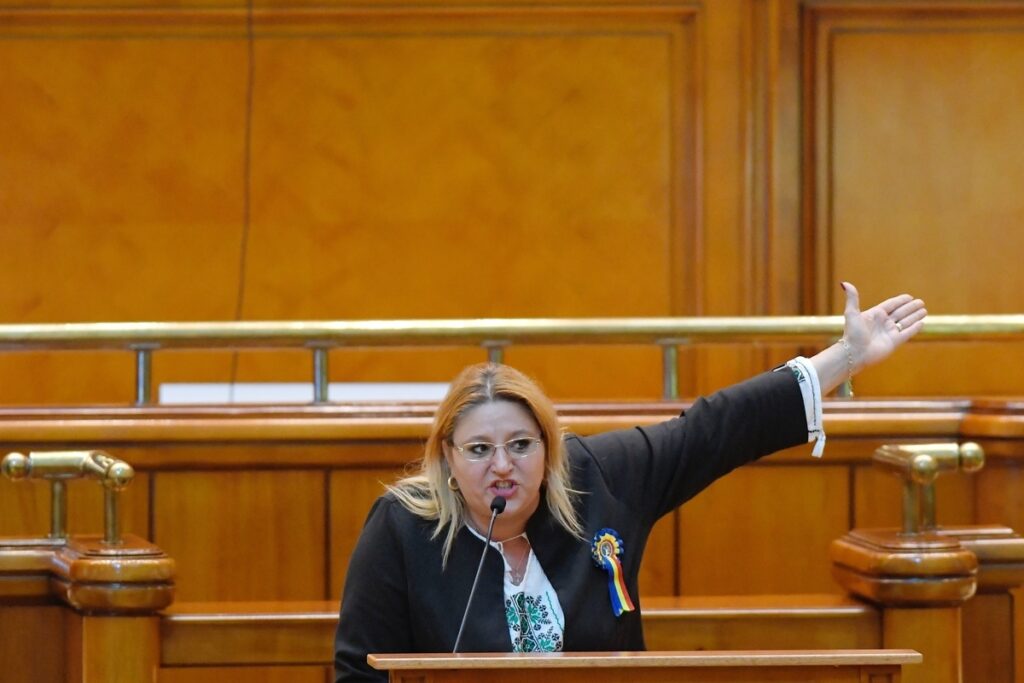
More on this story: GRU operation in Romania points to crisis in Russia’s Intel community
The AUR party, which enjoys significant public support, is participating in parliamentary and presidential elections scheduled for later this year. Its views are consistent with those pursued by Hungarian Prime Minister Viktor Orbán.
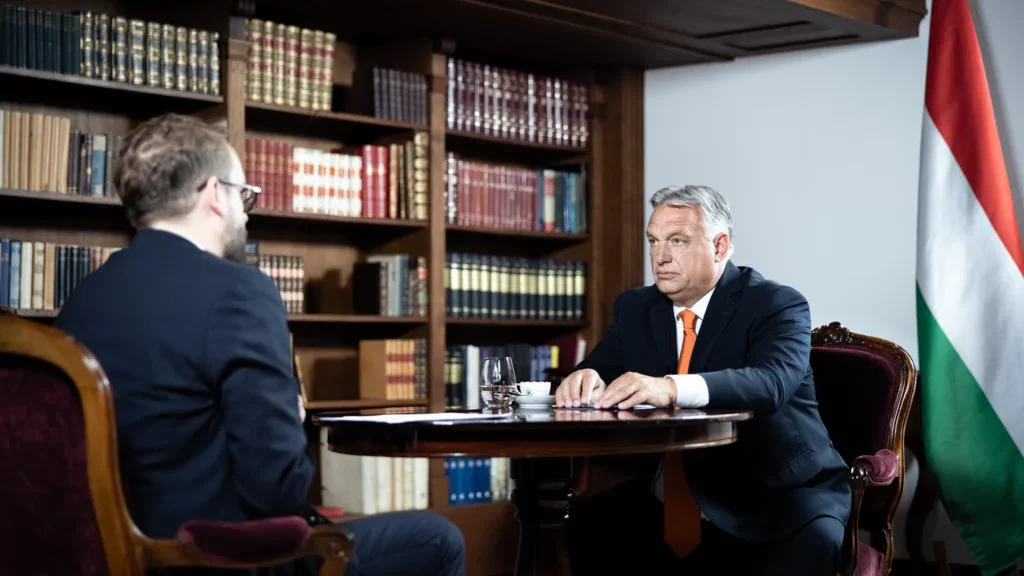
More on this story: Psychological profile of Hungary’s Prime Minister
At the outset of Russia’s full-scale invasion of Ukraine, Târziu declared support for Russia’s incursion. He also advocated improving relations between Romania and Russia. While showcasing a relative ideological plurality, the AUR is best described as a national conservative party shifting toward far-right ultranationalism. Ironically, the AUR brands itself as staunchly “anti-communist” force, while being in favor of nationalising most industries. It is also visibly populist: declaring a “strong support for all unions”, but tying itself to any kind of scandal that would boost political support. The platform of the AUR also includes myriad anti-EU propaganda.
In Romania, this political organization has been a leading propagator of Russian misinformation. Valeriu Paşa, a researcher in the field of media politics and propaganda, once told Balkan Insight that the reason why the AUR party is attached to people who openly support Russia is a matter of simple opportunism.
“They decided to ally with some completely different elements, such as promoters of religion, anti-vaccine activists or characters who promote close relations with the Russian Federation,” Paşa says. “As long as it gets them votes, they stay tight-lipped.”
There are also accusations that the party leader, George Simion, met with agents of Russia’s Federal Security Service (FSB) in 2011 and on other occasions. While this remains an allegation (unconfirmed by court), Moldova – and more recently Ukraine – have both banned Simion from entering their territory for his alleged links.
But the Russian links do not stop there. Further traces of Russian influence are visible in other positions supported by the AUR, which has launched repeated rhetorical attacks on Ukraine – focusing on its complicated and (at times) bloody history with Romania.
At the same time, the leader of Hungary’s far-right party Mi Hazank, Laszlo Torockai, announced claims to the Ukrainian Transcarpathia should Ukraine lose statehood as a result of the war.
The leader of far-right Hungarians made the statement at the annual party conference in Budapest on January 27.
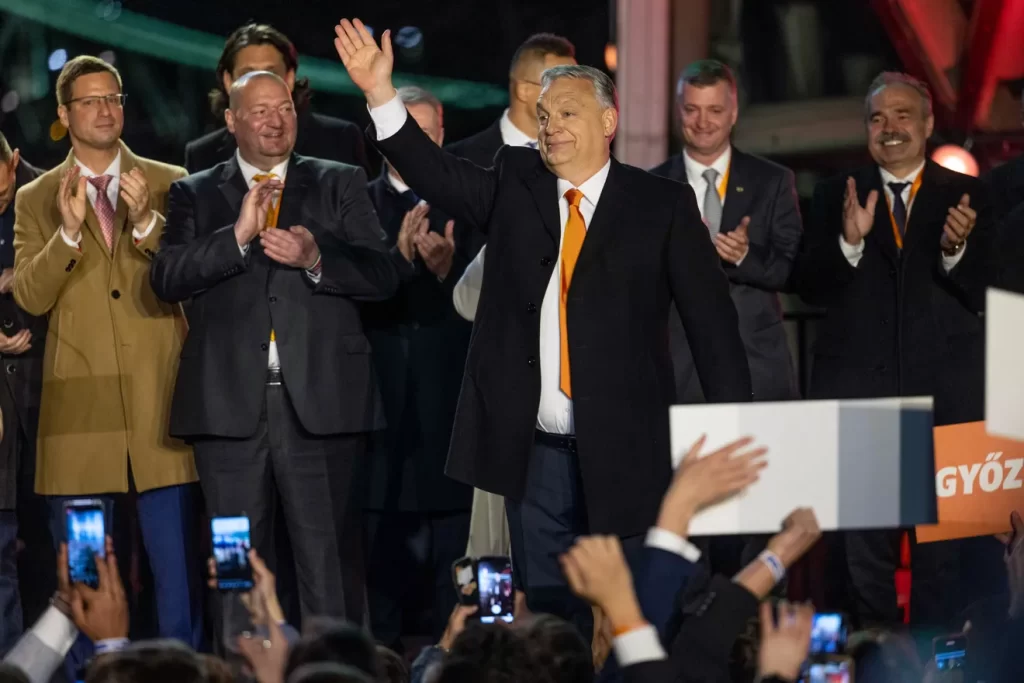
Amid Budapest’s territorial claims and demands for expanded rights for ethnic Hungarians living in Ukraine, the policy of hampering EU security assistance to Ukraine only contributes to mounting losses among Transcarpathian Hungarians repelling Russian aggression in the army ranks. This testifies to Orbán government and far-right forces’ disdain for the fate of their fellow Hungarians. This policy is similar to that pursued by the Kremlin’s in occupied parts of eastern Ukraine, where Russian warplanes and artillery have been obliterating settlements along with the civilian population, pointing to Russia’s primary interest in Ukrainian territories rather than the population, including ethnic Russians, which Moscow initially claimed would be saving from the Ukrainian “regime”. Thus, the ethnic component of the rhetoric expressed by Viktor Orbán and the Hungarian far-right is secondary to territorial expansion, which ideologically makes them similar to the Kremlin. Torockai’s statements and comments clearly follow the line of Russia’s malign narratives claiming that the West bears full responsibility for the war in Ukraine.
According to our estimates, the statements of the ultra-right in Romania and Hungary come as a result of Russian intelligence efforts. Since 2022, Russia has been actively introducing into the regional media space the idea that EU member states neighboring Ukraine allegedly intend to absorb part of the latter’s territories.
We are convinced that the Kremlin feels the effort will eventually lead to the rise of border revision discourse Europe and ultimately distract the international community from Russia’s war in Ukraine. The legalization of territorial claims should, as per Moscow’s idea, awaken the “historical justice” sentiments in Europe and also ignite conflicts within the region. In this context, it is worth recalling that the Hungarian far right have expressed territorial claims to Romania. Thus, by supporting Russian narratives, the AUR risks colliding with the radical claims of the Hungarian far right to the Székely Land.
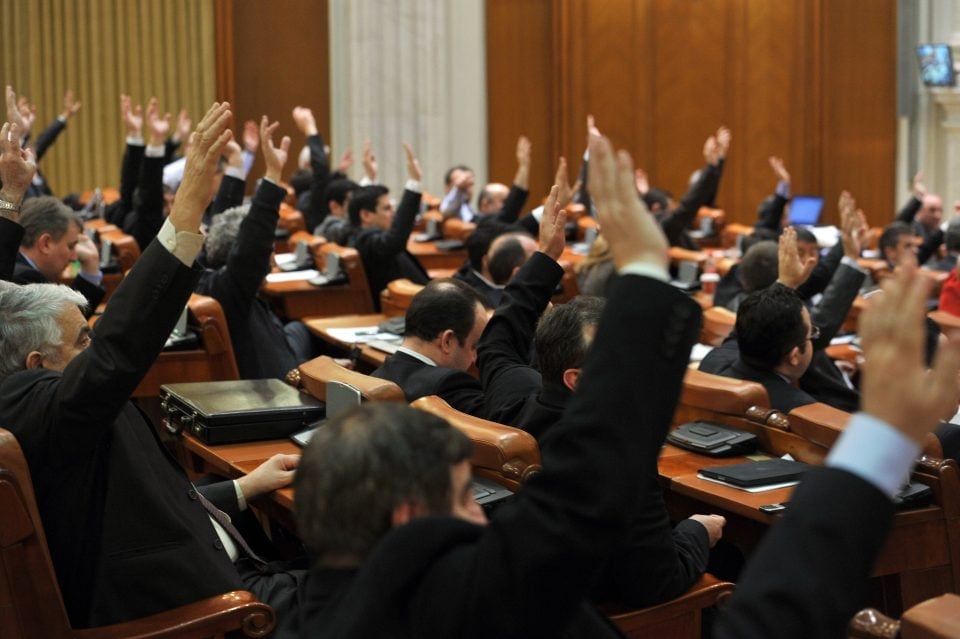
More on this story: Romania at risk after the Senate decides on the Szekely Land autonomy
Claudiu Târziu is backing Russian rhetoric in hopes of mobilizing Romania’s far-right electorate ahead of the 2024 elections. To this end, he coordinates a network of fake Facebook accounts, which clearly testifies to his presidential ambitions. Târziu has previously questioned the feasibility of teaching the history of the Holocaust in schools. Meanwjile, Târziu’s willingness to sacrifice Romania’s membership in NATO directly shows that the narratives he uses have been designed in Russia. Militarily, the AUR’s vision for Romania’s place in NATO appears clear-cut: to leave, and to become strategically dependent on Russia. The AUR, according to our information, maintains contacts with Russian politician Leonid Slutsky, who is affiliated with Russian military intelligence and has repeatedly come to the attention of RLI analysts.
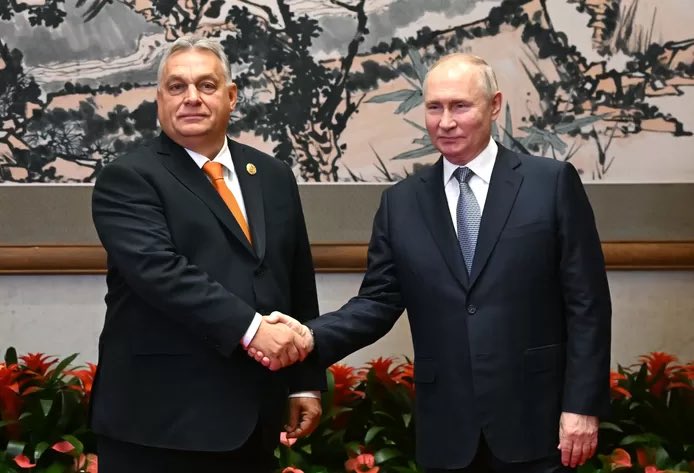
More on this story: Viktor Orbán’s vulnerability: ways to blackmail Hungary’s Prime Minister


